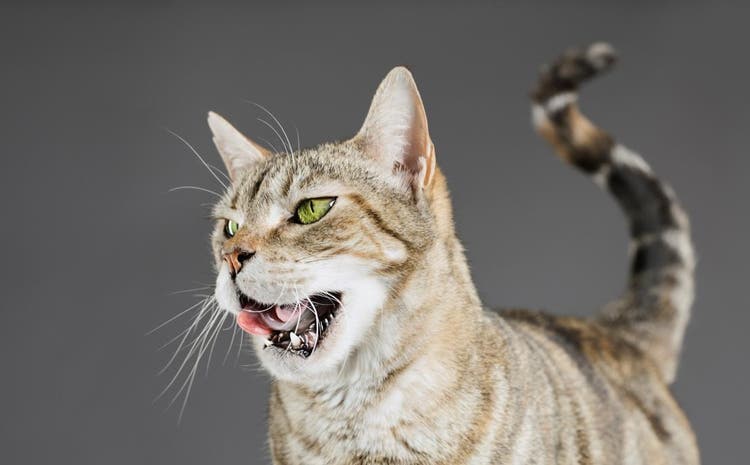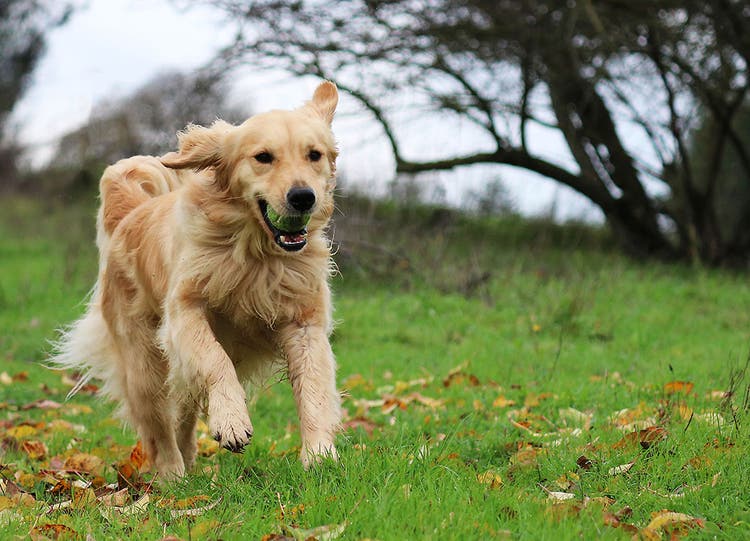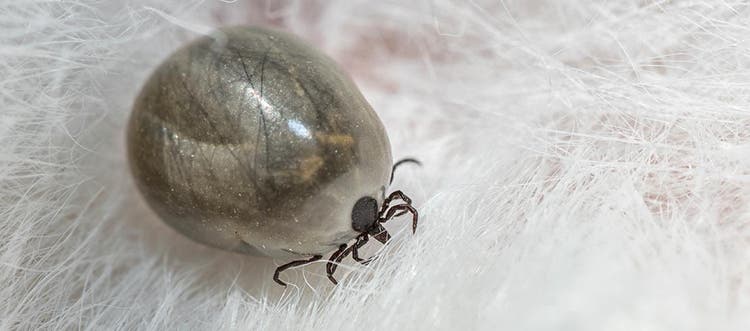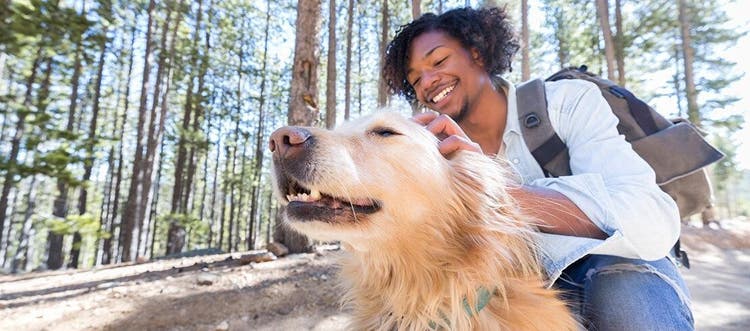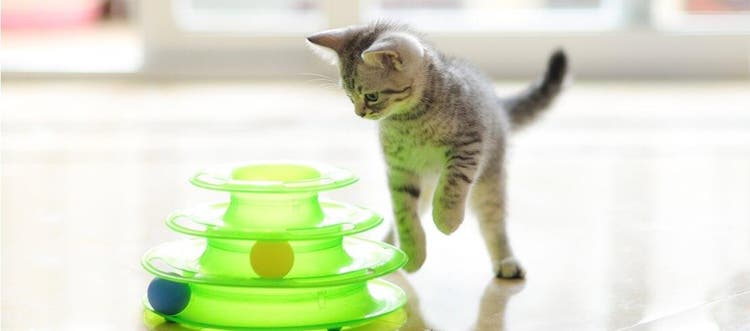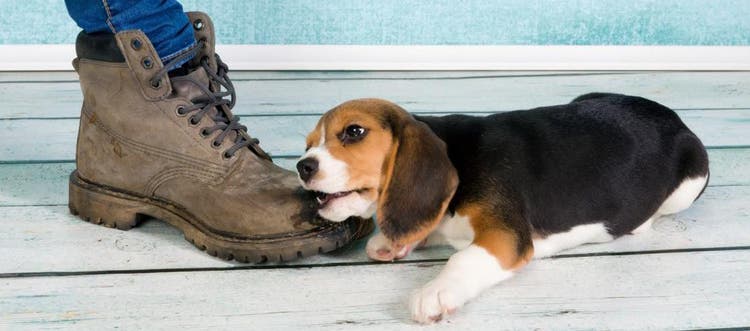Purring is a common vocalization made by kittens and cats, but what does it really mean? The meaning and motivation behind a cat’s purr is a lot more complex than it seems. Discovering the reason behind your cat’s vocalizations can help you communicate better and deepen your bond.
Cats are surprisingly vocal animals, communicating with meows, trills, hisses, growls, yelps and shrieks. But perhaps the most enchanting and mysterious noise they make is the purr. There’s something relaxing – almost hypnotic – about this unique animal vocalization. But what does that beautiful sound mean?
Why is my cat always purring?
A cat’s purr can have several different meanings. Here are four reasons why your cat may be purring.
1. Cats purr because they are content
Cats may purr because they’re warm, cozy and content, such as when they’re curled up on a human’s lap.
2. Cats purr to calm themselves
While it’s true that cats purr during moments of extreme relaxation, animal behaviourists have discovered that cats also purr to calm themselves down at times of stress or pain. The low-frequency vibrations of purring help them ease their breathing and soothe tension.
Although a purring cat is usually perceived as contented, it turns out that cats are just as likely to purr in a stressful or painful situation like a visit to the vet or even while giving birth.
3. Purring helps with healing
Purrs do more than simply calming down your cat. Scientists also believe these vibrations can help heal injuries, repair and build muscles and even act as a painkiller, which might explain why injured or sick cats choose to expend valuable energy on purring. It might also explain why cats tend to recover more quickly than dogs from surgery and suffer fewer complications.
4. ‘Solicitation purrs’ help your cat ensure their needs are met
Did you notice your cat purring loudly when she wants something? That’s no coincidence. Animal behaviorists have identified a particular type of purring, known as the ‘solicitation purr’, that cats appear to use exclusively as a means of obtaining something from their owner – either affection or food.
The ‘solicitation purr’ is a cross between a meow and a purr and is close in frequency to the sound of a crying baby. It turns out that the cat purring sound is a noise we are naturally programmed to respond to.
A cat's purr could benefit humans
Cat purring could have benefits for humans, too. A long-term study carried out by the University of Minnesota Stroke Centre found that cat owners were less likely to die from cardiovascular disease compared to non-cat-owners - and some people have suggested that exposure to cat purring might be part of the reason for this.
My cat is not purring. Should I be concerned?
Each cat purrs in a different way and at a different volume. Some cats purr in almost complete silence, and the only way to tell they are doing it is by touching their neck or throat to feel the vibration. Other cats stop purring or don’t appear to purr at all, and, barring an injury to the vocal cords, scientists are still trying to understand why.
Feral cats are more likely not to purr than domestic cats, leading to a theory that feral cat mothers discourage purring in their kittens to prevent them from attracting predators.
Scientists also note that feral cats are much less vocal than their domesticated counterparts, often only meowing and purring as kittens, and abandoning the habits during adulthood. This may be because domestic cats developed their vocal tendencies to better communicate with humans. A purring cat may solicit petting or treats, and a meowing cat may get dinner faster than a quieter companion.
